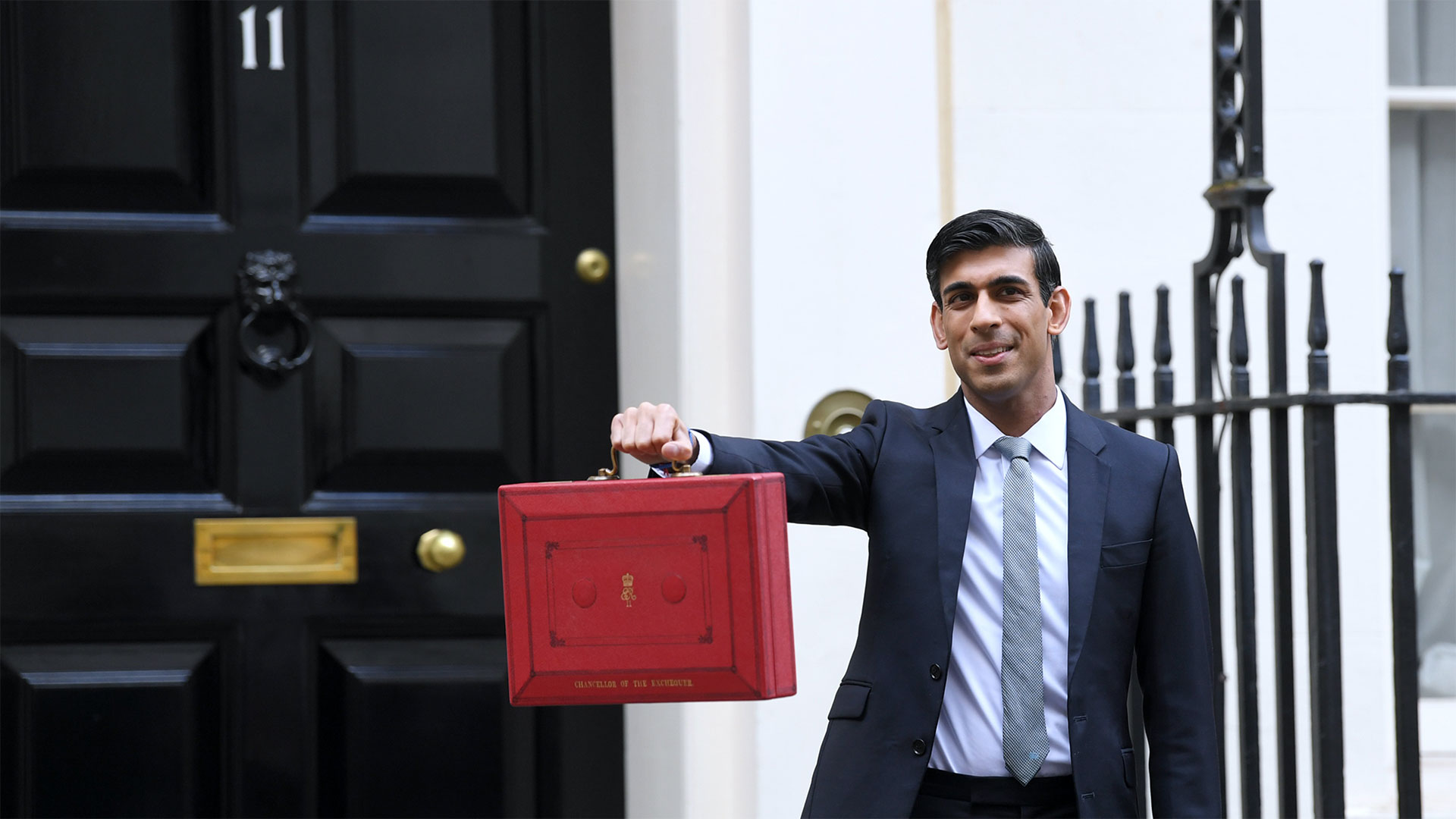Sunak said businesses will not be able to issue redundancy notices to employees on the Job Support Scheme.
TUC General Secretary Frances O’Grady described the new scheme as “a lifeline” but added “there’s still unfinished business”.
“Unworked hours under the scheme must not be wasted,” O’Grady said in a statement. “Ministers must work with business and unions to offer high-quality retraining, so workers are prepared for the future economy.
“The government should target help at industries facing a tough winter, and provide more support for families most at risk of hardship and debt.”
This week’s Big Issue magazine discussed whether a targeted furlough scheme, much in the vein of Sunak’s announcement today, would be a viable step forward, including the TUC’s jobs protection and up-skilling deal which called for training to “fund re-skilling for the jobs of the future”.
The Joseph Rowntree Foundation’s Helen Barnard echoed O’Grady’s call for training and urged the Chancellor to back up his party’s manifesto promise of a Right to Retrain to stop people falling further into poverty.
Advertising helps fund Big Issue’s mission to end poverty
“Too many people now find themselves on the brink of being pulled further into poverty during the course of this year – people in the lowest paid roles, in areas where there are fewer new opportunities, and sectors where close contact is unavoidable,” said Barnard, adding: “We need to hear from the Chancellor urgently about how he will help the worst off who look set to be the least well equipped to face the coming storm.”
All small and medium businesses will be eligible to apply for the new scheme as well as larger businesses who can prove a downturn in their turnover.
The self-employment income support scheme was also extended for six months.
Meanwhile, businesses will be given more time to repay Bounce Back loans.
But Carys Roberts, executive director of the Institute for Public Policy Research, said the scheme “does not support businesses enough to prevent layoffs, and will be cold comfort to firms that are fundamentally viable but can’t operate at all due to local or sector restrictions.
Advertising helps fund Big Issue’s mission to end poverty
“What’s more, many at home will be asking why this government has repeatedly waited until the final hour to give businesses and families certainty in this time. Delay will have cost thousands of jobs.”
With the furlough scheme that has supported 9.6 million people in work set to end on October 31, the government had faced continued calls for a replacement with warnings that a surge of job losses could follow.
The Chancellor insisted that it was “fundamentally wrong” to extend the furlough scheme. He said: “As the economy reopens it is fundamentally wrong to keep people in jobs that only exist inside the furlough.”
The new measures will come into force for an initial six months from November 1 with Sunak calling them “a more permanent response” after scrapping a planned Autumn Budget earlier this week.
Paul Johnson, director of the Institute of Fiscal Studies, tweeted that impending job losses are now inevitable. He said: “This is a very big change from furlough. Less generous. Only open to those who are working a third of normal hours. Understandable given need to adapt as economy changes. Can’t pay all wages forever. But a lot on furlough now likely to lose their job.”
Wrapping up his Commons address, Mr Sunak said: “We have so often spoken about this virus in terms of lives lost but the price this country is paying is wider than that.
Advertising helps fund Big Issue’s mission to end poverty
“The government has done much to mitigate the effects of these awful trade-offs between health, education and employment. And as we think about the next few weeks and months, we need to bear all of those costs in mind.
“As such, it would be dishonest to say there is now some risk-free solution or that we can mandate behaviour to such an extent we lose any sense of personal responsibility. What was true at the beginning of this crisis remains true now: it’s on all of us. And we must learn to live with it and live without fear.”
In response, the Labour Shadow Chancellor Anneliese Dodds said: “I have called for the introduction of a system of targeted wage support forty times. That call has been rebuffed by his government twenty times. It’s a relief they have U-turned now.”
The Big Issue is committed to protecting jobs and preventing homelessness through our Ride Out Recession Alliance. Now the campaign is starting to make ministers in Westminster sit up and take notice. We need your ideas to let them know how to tackle the challenges of Covid-19. Tell us your experiences, ideas and plans at rora@bigissue.com.
Image: James Veysey/Shutterstock










